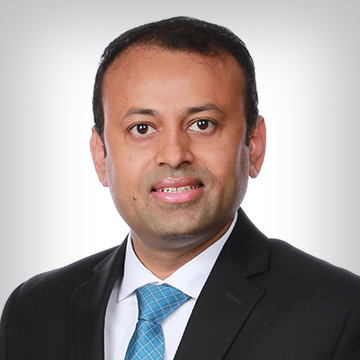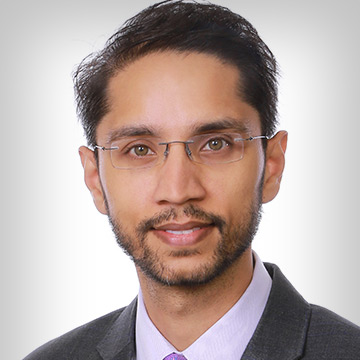Nationally Recognized Stroke Care
Carle Foundation Hospital is the only certified Comprehensive Stroke Center in a Level I Trauma Center in East Central Illinois. Carle Foundation Hospital has neurosurgeons and neurointerventional specialists available 24/7 to ensure faster treatment and help improve outcomes for patients having a stroke.
Carle BroMenn Medical Center and Carle Health Methodist Hospital are both Primary Stroke Centers and, like Carle Foundation Hospital, offers an inpatient rehabilitation unit for patients recovering from a stroke, or other illness or injury.
Carle Hoopeston Regional Health Center, Carle Eureka Hospital, Carle Richland Memorial Hospital, Carle Health Proctor Hospital and Carle Health Pekin Hospital are all recognized as Acute Stroke Ready Hospitals. This means the teams at each of those locations are ready to begin stroke care and transfer patients to a higher level of care as needed.
Our leading-edge medical facilities, technology and techniques mean our providers can perform advanced diagnostic and interventional procedures, like the following and more, to help minimize the effects of stroke:
- Aneurysm coiling and clipping
- Cerebral vessel stenting
- Clot removal
- Pipeline® embolization
Who's At Risk for Stroke?
Think of stroke as a brain attack, which happens when blood flow to the brain is blocked and cells begin to die. Treatment is most effective within the first three hours – and the sooner the treatment, the better chance of survival. Anyone can have a stroke no matter what age, race or sex, but some people have a higher risk.
Some trait-based factors put you at a higher risk:
- Age 55 or older
- Female
- Black, Hispanic, Asian or Pacific Islander
- Family history of stroke or heart attack
Take steps to help control these risk factors:
- High blood pressure
- High cholesterol
- Atrial fibrillation
- Heart disease
- Diabetes
- Being overweight or obese
- Not enough physical activity
- Using tobacco or alcohol
There are many factors you can control by living a healthy lifestyle. If you have these risk factors, talk with your doctor about ways to reduce your risk.



